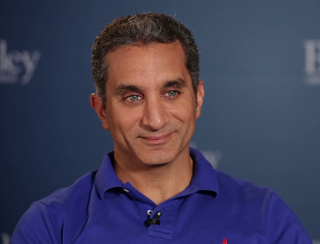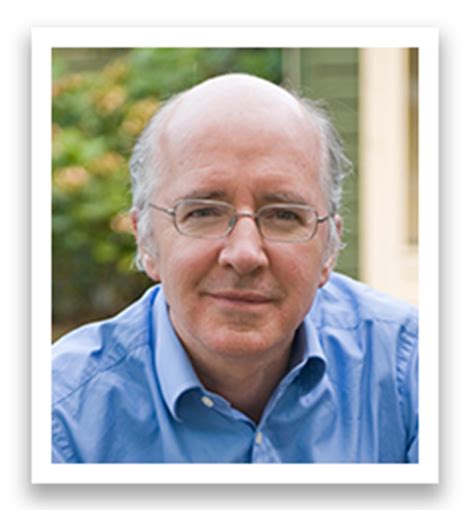A Quote by Subramanian Swamy
Ordinary people want good government.
Quote Topics
Related Quotes
The way that things happen in Egypt, the government - or the head of the government - don't get personally involved. They were always goonies and agents and people who do that kind of work for the government either by direct instructions or because they think that they're doing something good or they want to be on the good side of the government.
My books are about ordinary people, like you, me, people on the street, people who really have an expectation of reasonable happiness in life, want their life to have a sense of security and predictability, who want to belong to something bigger than them, who want love and affection in their life, who want a good future for the children.
The ultimate check against government tyranny is an informed electorate who will elect people who believe in limited government. I don't want to embrace the idea we want people to take to the streets with guns. I want people to go to the voting booth and check an out of control government by electing conservatives.
I think some people are not interesting to themselves. They're the sad, resigned folk. When people call themselves ordinary - "I'm just an ordinary person" - you do wonder what they mean, because people who call themselves ordinary occasionally turn out to be serial killers. Beware of those who say they're ordinary.
What I bring to the interview is respect. The person recognizes that you respect them because you're listening. Because you're listening, they feel good about talking to you. When someone tells me a thing that happened, what do I feel inside? I want to get the story out. It's for the person who reads it to have the feeling . . . In most cases the person I encounter is not a celebrity; rather the ordinary person. "Ordinary" is a word I loathe. It has a patronizing air. I have come across ordinary people who have done extraordinary things. (p. 176)
For what is meant by saying that a government ought to educate the people? Why should they be educated? What is the education for? Clearly, to fit the people for social life - to make them good citizens. And who is to say what are good citizens? The government: there is no other judge. And who is to say how these good citizens may be made? The government: there is no other judge. Hence the proposition is convertible into this - a government ought to mold children into good citizens, using its own discretion in settling what a good citizen is and how the child may be molded into one.
[I]f the policy of the Government, upon vital questions affecting, the whole people is to be irrevocably fixed by decisions of the Supreme Court, the instant they are made, in ordinary litigation between parties in personal actions, the people will have ceased, to be their own rulers, having, to that extent, practically resigned their Government, into the hands of that eminent tribunal.
If people want consultative government, the price is increased complexity and delay in arriving at decisions. If they want speed of government, then they must accept a greater degree of authoritarianism. I suspect that the real answer is that most people prefer the latter so long, that is, as government's decisions conform with their own views.

































